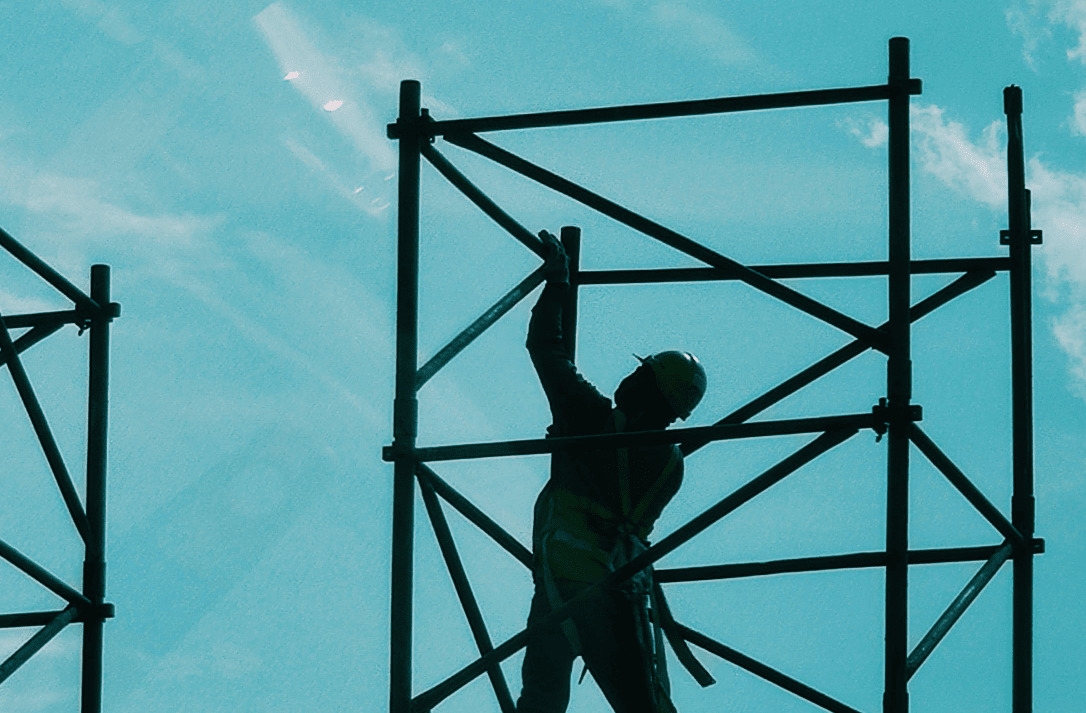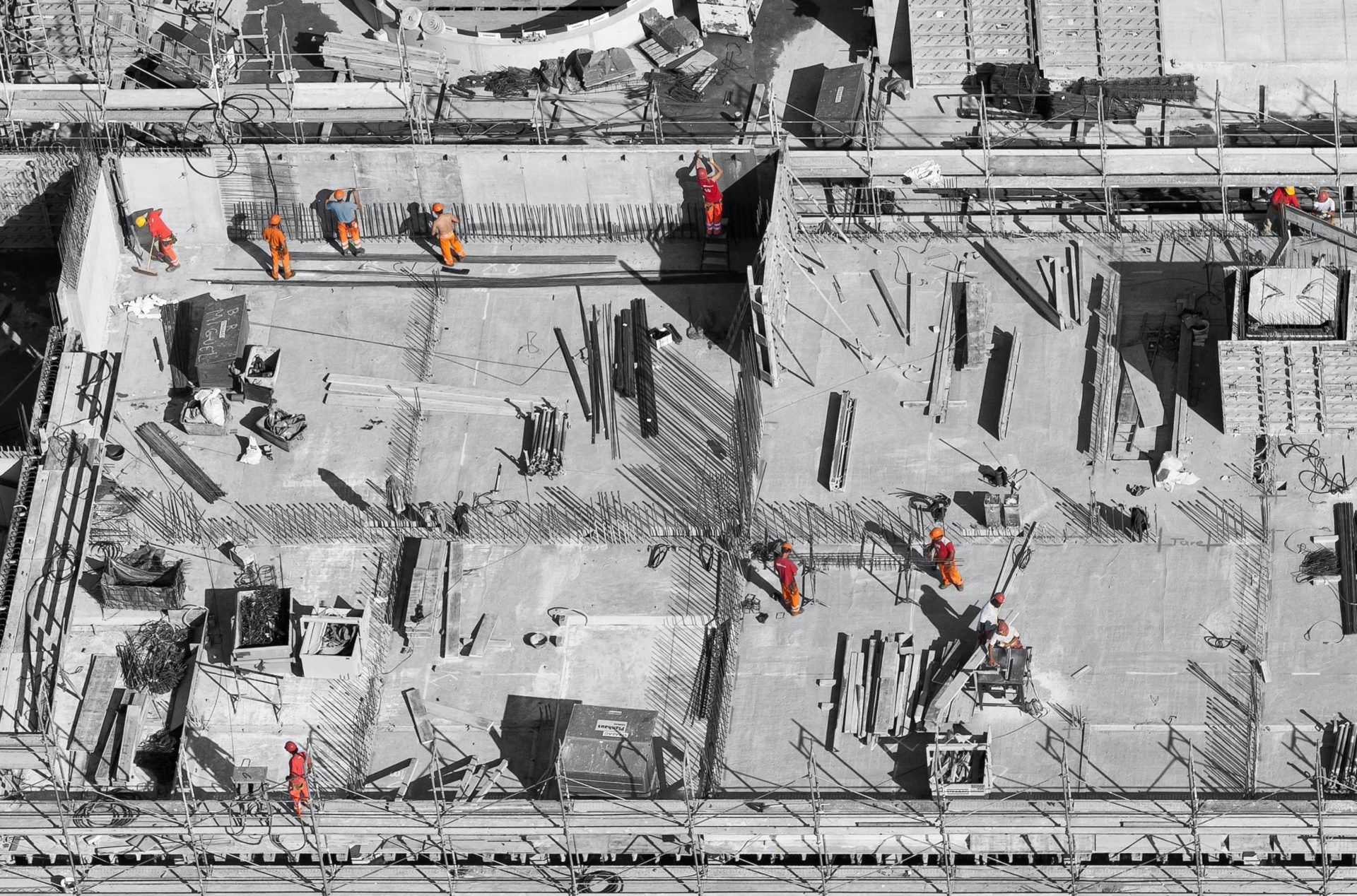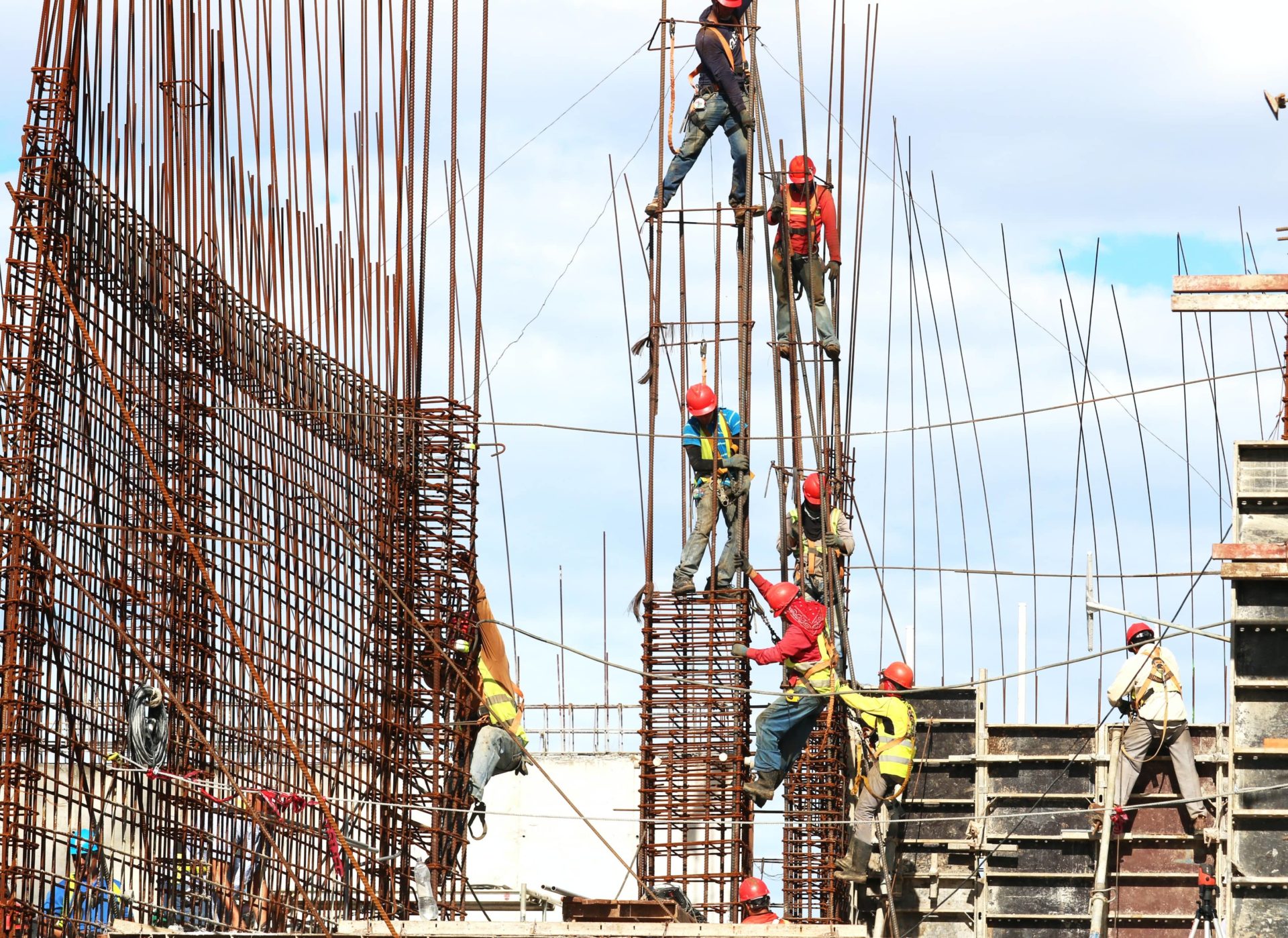Suppliers have a lot of financial power on construction projects, often requiring payment up front for materials. This wouldn’t be unusual in any other industry. But in construction, long billing cycles and payment delays force contractors and subs to wait nearly 90 days on average to get paid. As a result, contractors are often under an enormous cash burden at the beginning of a project.
To make matters worse, contractors and subs often go into a new project in double debt – they’re still waiting for the final payment from the project before, while they have to use a loan or credit to purchase materials on the new project. The more jobs a contractor has on their plate at once, the bigger the cash burden becomes.
Fortunately, there’s a simple way for construction companies to take pressure off of their cash flow with a single step: Send preliminary notice on every project.
What is preliminary notice?
A preliminary notice is a document sent at the beginning of a construction project to provide information to the property owner and other parties in charge. It goes by a lot of names, depending on where your project is located. Some states call it a Notice to Owner, a Notice of Furnishing, a Notice of Lien Rights, or something similar. Sometimes you’ll hear contractors refer to it as a “pre lien notice,” or a “prelim.”
It’s really a simple document at its core. It provides information about your company, the work or materials that you’re providing to the project, and the amount you expect to be paid for your contributions.
In most states, sending preliminary notice is necessary at the beginning of a project in order to protect a contractor’s right to file a mechanics lien if they don’t get paid.
The outsized benefits of prelims
But don’t think of it as a requirement – that ignores all of the benefits that preliminary notice provides to everyone on a project.
Property owners love receiving preliminary notices because they help them identify everyone on a project that needs to be paid. Especially on large projects, it can be difficult for the owner to know who is working for them. If they or the GC misses a payment to one of them, it could put their property at risk of a mechanics lien claim. At the end of a project, the last thing a property owner wants to deal with is a surprise lien.
Similarly, GCs are responsible for distributing payments and collecting lien waivers from every sub and supplier on the job. They love receiving notices because it makes distributing payments and tracking waivers easier. They can simply match up waivers with each preliminary notice, ensuring that the property is protected from claims. The amazing thing about prelims is that they provide these benefits even in states where they aren’t required for lien rights.
Because of these benefits, subcontractors who provide notice to the owner and GC are in a much better position to get paid on time. When the GC sees their pay application cross their desk, they don’t have to do any digging to confirm whether or not that company deserves payment. When the GC has a subcontractor’s preliminary notice, pay application, and conditional waiver, making payment is a breeze.
As a result, subcontractors that send preliminary notices have much better cash flow than those who don’t. They get paid faster, have better relationships with property owners and prime contractors, and have more cash available to invest in their next project.
Freeing up cash flow for materials
Whether or not it carries the threat of a mechanics lien, sending this simple document improves communication and reduces payment delays and disputes. When contractors get paid faster, they have more cash available at the beginning of their next project to pay their material supplier.
This allows contractors to avoid or reduce debt and the associated interest payments that go along with it. Preliminary notices deliver a win-win for everyone involved. Property owners and GCs get to avoid mechanics lien claims, subcontractors collect payment faster, and material suppliers get paid up front.
Of course, there are times when a preliminary notice doesn’t prevent a payment delay. But here’s the good news: If you send a prelim at the beginning of every project, you can rest easy knowing that your lien or bond claim rights are always protected. You don’t have to track down each state’s notice requirements to determine whether or not you can make a claim.
Preliminary notices are often the first step in the mechanics lien process, and they’re usually the last step necessary. But if, for whatever reason, another step is required, you always know that you are ready and able to take it.
Whether you need to push the mechanics lien process to the next step or not, faster payment and better cash flow is virtually guaranteed.
Author:
Justin Gitelman is the Content Coordinator at Levelset, where over 500,000 contractors and suppliers connect on a cloud-based platform to make payment processes stress-free. Levelset helps contractors and suppliers get payment under control, and sees a world where no one loses a night’s sleep over payment.










